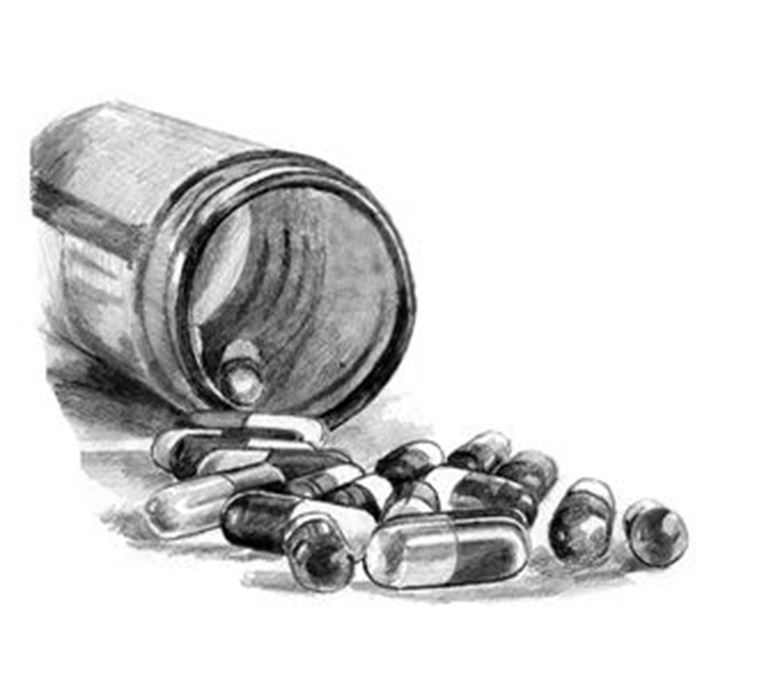As most of us wrap up our first round of midterms this week, stress levels are running high, and pressure to maintain or improve our study habits for upcoming exams is building at an overwhelming rate. The incessant desire to be more adequately prepared than the next guy and earn the grades we need has caused many of us to add even more hours to our already excruciatingly long schedules.
Our continued, and — admittedly — sometimes obsessive effort to succeed has caused many students to look for any available resource that might lessen the load or even improve performance. It’s a combination of all these factors that has regrettably pushed many student to seek anything they feel might provide a slight edge, with prescription stimulants being an increasingly popular answer to this problem.
Psychostimulants, which in their legal form are commonly used to treat attention disorders and narcolepsy, emerged, at least in the illegal manner, on college campuses as a way to deter the fatigue associated with long durations of intense school work and provide an enhanced level of focus.
The Partnership for Drug Free Kids, an organization committed to helping families struggling with drug abuse and addiction, reports that one in five college students obtain and abuse stimulants like Adderall, Ritalin and Vyvanse illegally in hopes of lessening their academic burdens.
While these prescription drugs serve an invaluable purpose for those who suffer from scholastically intrusive psychological problems like Attention-Deficit/Hyperactivity Disorder (ADHD), their effects on the health of casual users, and especially perpetual abusers are largely ignored and predominantly negative.
For many years, health care professionals have been outspoken regarding the potentially life threatening side-effects associated with even an infrequent habit of stimulant abuse. Physically, these intentionally therapeutic drugs if used without the direction of a physician have been known to cause seizures, irregularly high heart rate, dangerously high blood pressure, high body temperature and a whole slew of other unintended “highs” far removed from the “high” many illicit consumers anticipate.
If the physical risks aren’t enough of a deterrent, a consideration of the long-term havoc that misuse might eventually cause on one’s mental health will then surely discourage even the most self-assured, although naive user.
Stimulants synthetically increase the levels of serotonin, dopamine and norepinephrine in the brain, causing a manufactured feeling of accomplishment, determination and, sometimes, euphoria in high doses. As is with most drugs, these seemingly innocuous pleasantries eventually dissipate, leaving an often permanent trail of destruction through the brain.
By essentially halting the production of the neurotransmitters that provide the body’s natural reward system, these immensely popular, intensely dangerous drugs have been reported to cause mood swings, aggression, an increase in suicidal thoughts and an exacerbation of existing psychological ailments.
Additionally, some studies suggest that non-medical stimulant use has been tied to lower grade point averages compared to the non-user population. This important statistic provides a blatant contradiction to what many non-medical users consider to be the initial appeal of the drug.
The stress associated with trying to reach that unattainably high level of accomplishment causes students to make irrational choices. This recourse, then, to seek out any semblance of relief, in any form and by any means, might seem like the only option. Considering the potential long-term mental health impacts on a population that suffers from depression at an alarming rate, the choice to abstain should be clear.












